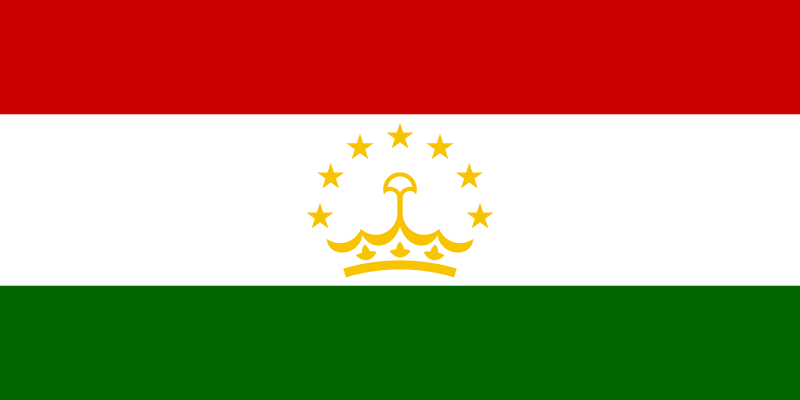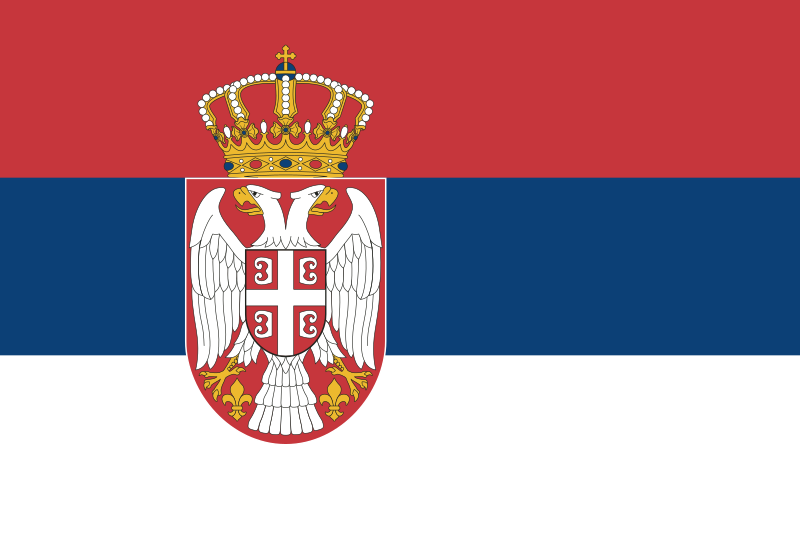 George1 Sun Apr 06, 2014 5:34 pm
George1 Sun Apr 06, 2014 5:34 pm
CSTO: Our 2014 Priorities Don't Include Kyrgyzstan-Tajikistan Tension
The Collective Security Treaty Organization, Russia's post-Soviet security bloc, has laid out its priorities for the upcoming year, and it appears that the Kyrgyzstan-Tajikistan conflict -- the year's most pressing security issue -- remains low on the agenda.
On January 21, CSTO General Secretary Nikolay Bordyuzha gave a press conference in Moscow with the intention of summarizing the organization's goals for 2014. And tellingly, the CSTO's official account of the event contains no mention of the Kyrgyzstan-Tajikistan conflict. He did, however, speak about it. A report in the Russian official military newspaper Krasnaya Zvezda said that Bordyuzha "spoke out against the use of force by CSTO units for the settlement of the conflict between member states of the organization. Speaking of the recent Tajik-Kyrgyz border incident, he expressed the opinion that this is an issue between the two countries and no one, except for them, can resolve it."
And according to ITAR-TASS, Boryuzha said that the organization's involvement has been limited to phone consultations: "We are in constant contact with the heads of government, discussed measures for the containment of this conflict. Today there remain several unresolved questions such as the closure of checkpoints from the Kyrgyz side and the presence on the border of military forces of both republics," he said.
The most detailed remarks on the subject were carried by Kyrgyzstan newspaper Vecherniy Bishkek, which talked to CSTO press secretary Vladimir Zainetdinov:
Neither from Kyrgyzstan nor from Tajikistan was there an appeal to the CSTO in connection with the events. These countries are carrying out joint investigations and are undertaking efforts so that similar events don't occur again.
Of course, the events can't not cause alarm... And in these days Bordyuzha has already had telephone conversations with the leadership of Kyrgyzstan and Tajikistan about containing the conflict and the lowering of border tensions, and continues to stay in contact with them. The CSTO has proposed measures for the lowering of tension which are today possible without any sort of orders from the CSTO.
Regrettably, Zainetdinov didn't specify those proposed measures.
Bordyuzha's stated 2014 priorities of the CSTO contained nothing the organization hadn't already discussed: aid to Tajikistan to help protect the border with Afghanistan, establishment of joint military forces, including air forces, and so on. One concrete "achievement" from 2013: The CSTO shut down 400 "information resources" (presumably mostly websites) for espousing terrorism or extremism.
The Bug Pit asked one of Russia's leading scholars on the CSTO, Yulia Nikitina, for her thoughts on the organization's inaction on the Kyrgyzstan-Tajikistan border. She said that while border conflicts between member states are outside the organization's official mandate, The CSTO is nevertheless missing a chance to prove itself viable:
When a more or less serious inter- or intrastate armed clash happens in Central Asia, experts usually blame the CSTO for not intervening.The point is that the CSTO usually does not have to interfere because legally it has to have an official request from a suffering member-state. But even if there was such a request, the CSTO was not designed to deal with internal security issues or conflicts between member-states. The CSTO is an organization aimed at external threats like external aggression, or threats coming from Afghan territory (drug trafficking, extremism), or illegal migration from third countries (like China or Iran). Simply there is no other security organization in Central Asia, that is why it is the only reference in expert comments.
Despite all abovementioned factors, I think that still in case of the conflict between Tajikistan and Kyrgyzstan the CSTO could test its peacekeeping capabilities by sending a small contingent of peacekeepers to separate sides of the conflict. An agreement between the Tajik and Kyrgyz border guard services was reached, so if there would be a request from both states, a CSTO operation would clearly correspond to classic UN Chapter VI peacekeeping principles that is fixed in the CSTO peacekeeping documents. Such a rather legally and politically safe operation would demonstrate that the CSTO is a viable regional actor in conflict management and later it could serve as an argument in developing further cooperation between the CSTO and the UN in the peacekeeping sphere. The CSTO would like to take part in UN-mandated peacekeeping operations but there seem to be not so much interest from the UN and no legal framework to engage the CSTO as an organization.
While it's true that this sort of thing isn't what the CSTO was designed for, the more security problems that arise that it is not equipped to deal with, and the more it focuses on less likely threats like Afghan spillover and color revolutions, the more people and governments in Central Asia will be asking "What, exactly, is the point of this organization?"

 Armenia
Armenia  Belarus
Belarus  Kazakhstan
Kazakhstan  Kyrgyzstan
Kyrgyzstan  Russia
Russia  Tajikistan
Tajikistan Afghanistan (2013)
Afghanistan (2013) Serbia (2013)
Serbia (2013)


 RIA Novosti
RIA Novosti

